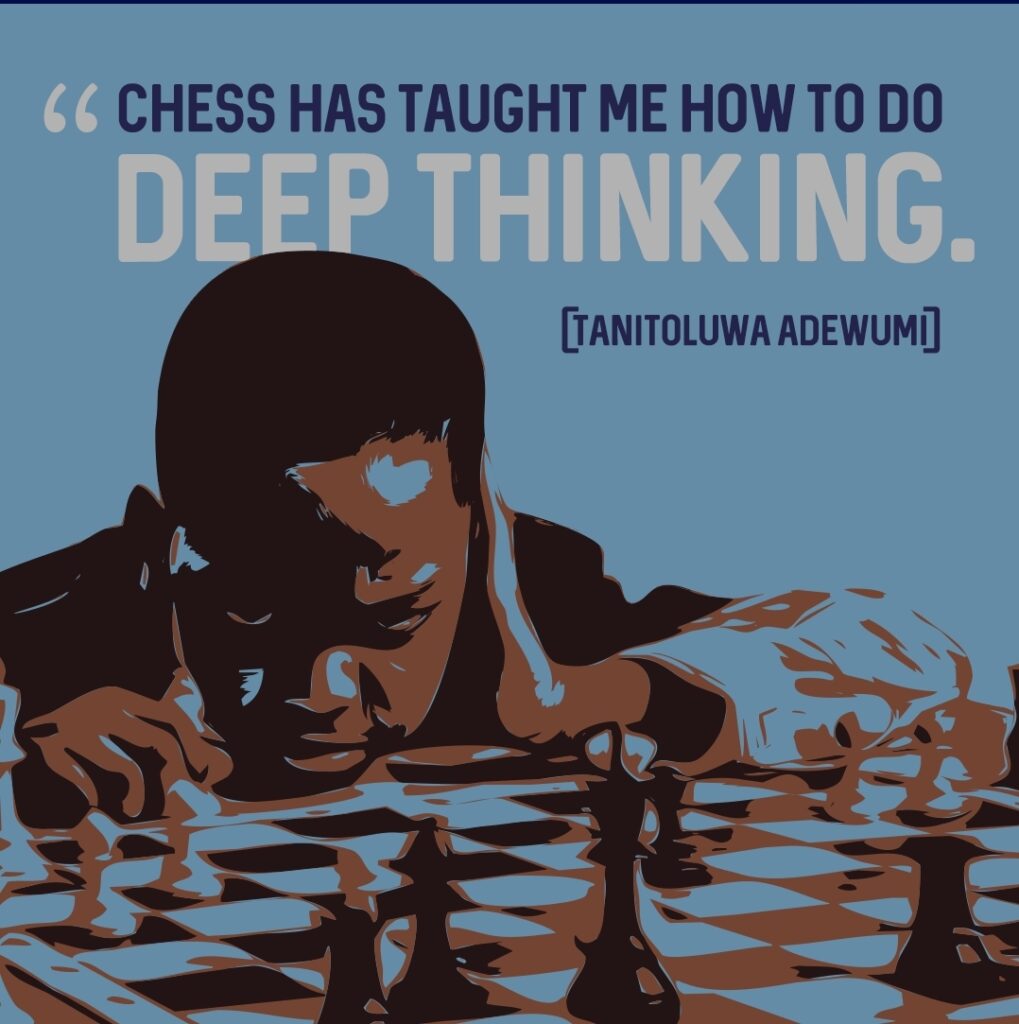
How Chess Will Save Your Life: The Surprising Benefits of the Game
Chess, often seen as a mere pastime or competitive sport, holds transformative powers that can significantly enhance your life. From boosting cognitive abilities to improving emotional health, the benefits of playing chess extend far beyond the 64 squares of the board. In this blog, we’ll explore how engaging with this ancient game can lead to a better, more fulfilling life.
1. Enhances Cognitive Skills
Critical Thinking and Problem Solving
Playing chess requires strategic thinking and foresight. Each move involves predicting your opponent’s actions and planning several steps ahead. This practice sharpens your critical thinking and problem-solving skills, which are invaluable in everyday life.
Memory Improvement
Chess players must remember various strategies, openings, and past games. This constant mental exercise strengthens memory and enhances recall abilities, helping you in academic and professional settings.
2. Boosts Emotional Intelligence
Patience and Discipline
Chess teaches patience. Players learn to wait for the right moment to make their move, fostering a sense of discipline that can translate to other areas of life, such as work and personal relationships.
Resilience and Adaptability
Every chess game involves winning and losing. Learning to cope with defeat and adapt strategies accordingly builds resilience. This emotional fortitude is crucial in facing life’s challenges.
3. Promotes Social Interaction
Building Relationships
Chess is a social game. Whether you’re playing with friends or joining a local chess club, it fosters connections. Engaging with others over a shared interest can lead to lasting friendships and a sense of community.
Cultural Exchange
Chess transcends borders. Playing with people from different backgrounds exposes you to diverse perspectives and cultures, enriching your social interactions and broadening your worldview.
4. Improves Focus and Concentration
Mental Discipline
Chess demands intense focus. Players must concentrate on the game, blocking out distractions. This skill can improve your ability to concentrate in other areas, whether studying, working, or engaging in conversations.
Mindfulness
The act of playing chess encourages mindfulness. Being present in the moment helps reduce stress and anxiety, leading to better mental health and well-being.
5. Encourages Lifelong Learning
Continuous Improvement
Chess is a game of infinite possibilities. There’s always something new to learn, whether it’s a different opening strategy or advanced tactics. This encourages a growth mindset, making you more open to learning in all areas of life.
Strategic Planning
The ability to think strategically is a skill that applies to personal and professional life. Chess teaches you to evaluate situations, plan ahead, and make informed decisions, which are essential skills in any career.
Conclusion
Chess is more than just a game; it’s a powerful tool that can lead to personal growth and development. By enhancing cognitive skills, boosting emotional intelligence, promoting social interaction, improving focus, and encouraging lifelong learning, chess can truly save your life. Whether you’re a beginner or an experienced player, embracing this timeless game can lead to a brighter, more fulfilling future.
Join the Chess Revolution!
Ready to experience the life-changing benefits of chess? Start playing today, and discover how this ancient game can transform your life in ways you never imagined!







